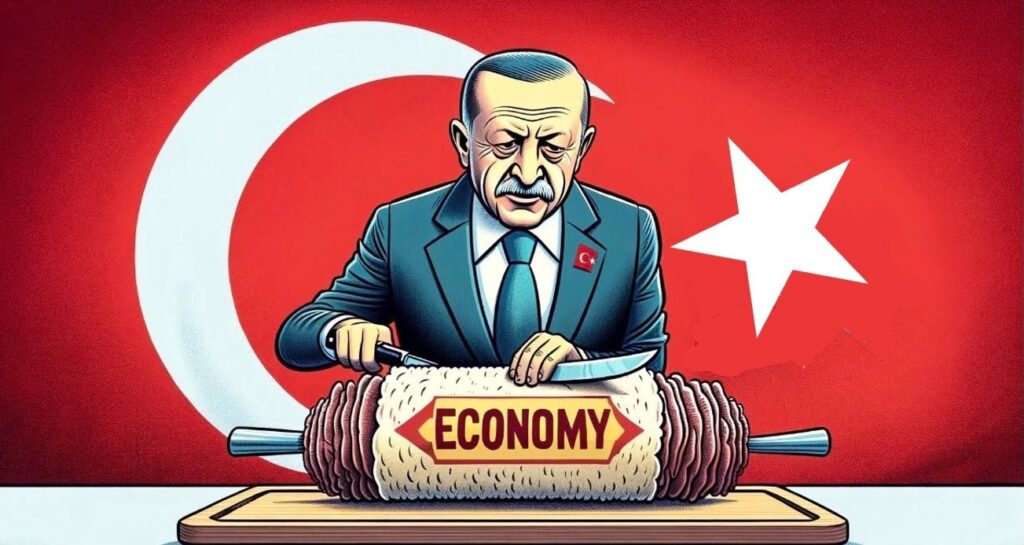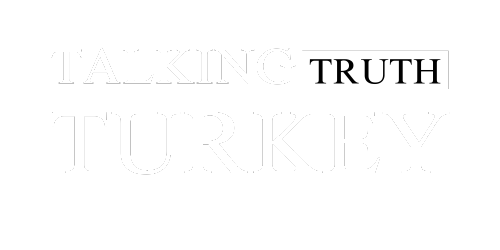
Just a few weeks ago the minister of economy stated that the worst part is behind us. But how can that be accurate if the inflation recorded in May this year was of over 75%. The truth is that the Turkish people’s daily cost of living is becoming unbearable under constant rising inflation. And why is that? Because the President Erdoğan is constantly looking for his own interests.
Turkey’s decelerating growth underscores how policymakers’ programme to cool runaway inflation is exerting an increasingly heavy toll on major sectors across the country’s $1tn economy.
It marked the slowest pace of growth on an annual basis since mid-2020 when the pandemic triggered a sharp, but brief contraction. That was also worse than the 3.4 percent expected by economists in a FactSet survey. Yet, on a quarterly basis, output crawled up 0.1 percent.
“Second quarter GDP data has come as a major setback,” said Hakan Kara, an ex-chief economist of the Turkish central bank. “Leading indicators indicate that the impact of monetary and credit tightening for much of the rest of this year will be more pronounced, but they also do not point to a hard landing either.
It was only in May 2023, after he had been re-elected, that President Recep Tayyip Erdoğan ditched his failed policy of keeping borrowing costs low despite surging inflation. That led Turkey’s new central banker, a former Federal Reserve economist, to raise rates from 8.5% to 50%, and pledge to keep monetary policy tight as long as required to finally tame inflation after the years-long crisis.
Yet now, there are early signs that the surge in borrowing rates coupled with petrol price and VAT hikes, air-fuel duty and other fiscal squeeze moves to prices across major sectors. Istanbul Chamber of Industry survey showed that manufacturing activity was reduced for fifth straight month in August. This decline is particularly concerning, as manufacturing is a vital driver of Turkey’s economic growth and employment.
And in the construction sector, which was once a strong engine of growth for the economy, days are getting tougher as more and more projects here are getting delayed or simply cancelled. With plummeting consumer confidence and households facing rising prices for basic goods and services, the situation has been further affected. Purchasing power is almost certain to continue eroding, keeping a lid on domestic demand while exacerbating the cost pressures that many businesses are struggling to deal with.
Economists caution the road is likely to be bumpy. It wants to bring some stability with the central bank rocketing short-term interest rates higher, but & that might hold back any recovery by slowing growth and investment. The Turkish government will need to balance its monetary tightening with policies that support economic resilience, ensuring that critical sectors can weather the storm of inflationary pressures while fostering a more sustainable economic trajectory.
